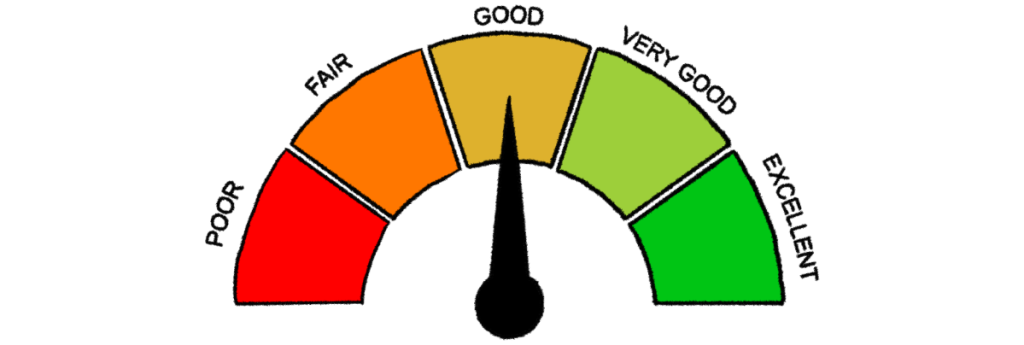By Adrian Reyna
November 19, 2024

Every residential landlord must be aware of a key change: one of the bills Governor Newsom signed into law this autumn aims to help residential tenants improve their credit scores by requiring many residential landlords to offer to report each tenant’s “positive rental payment information” to credit agencies.
Offer to Report “Positive Rental Payment Information”
AB 2747, added as Section 1954.07 of the California Civil Code, requires landlords of dwelling units of residential real property to annually offer each tenant the option of having their “positive rental payment information” reported to at least one qualifying nationwide consumer reporting agency.
The law defines “positive rental payment information” to mean “information regarding a tenant’s complete, timely payments of rent”; the law expressly excludes incomplete or untimely rent payments from the definition. If a tenant invokes the right to repair and deduct or withhold rent as authorized by Civil Code Sections 1941 to 1942—for reasons such as repairs made to untenantable premises, or payments of certain utilities—these withheld payments will not constitute late rental payments for reporting purposes.
For leases outstanding as of January 1, 2025, the offer must be made no later than April 1, 2025, and at least once annually thereafter. For leases entered into on and after April 1, 2025, the offer must be made at the time of the lease agreement and at least once annually thereafter.
The offer may be made by e-mail or via first-class United States mail, but must include a written election of positive rental payment information reporting that contains all of the following:
- A statement that reporting of the tenant’s positive rental payment information is optional.
- Identification of each consumer reporting agency to which positive rental payment information will be reported.
- The amount of any fee charged by the landlord to report the information.
- Instructions on how to submit the written election of positive rental payment information reporting to the landlord by first-class United States mail or email.
- A statement that the tenant may opt into positive rental payment information reporting at any time following the initial offer by the landlord.
- A statement that the tenant may elect to stop positive rental payment information reporting at any time, but the tenant will not be able to resume positive rental payment information reporting for at least six months after the election to opt out.
- Instructions on how to opt out of positive rental payment information reporting.
- A signature block that the tenant shall date and sign in order to accept the offer of positive rental payment information reporting.
Reporting Fee
A landlord may charge a monthly fee for reporting: either the lower of the actual cost to provide the service or $10 per month. If the landlord does not incur any actual costs from reporting, no monthly fee may be charged. The landlord may cease reporting if the fee remains unpaid for 30 days or more, but cannot report nonpayment of the fee to consumer reporting agencies.
Importantly, this reporting fee has very little impact on any money due under the lease. Money paid to satisfy rent or other lease payments cannot be applied or credited to the fee. Additionally, a tenant’s failure to pay the reporting fee is not grounds for termination of the tenancy and the fee cannot be deducted from the security deposit.
Exemptions
AB 2747 has two exemptions, one of which contains an “exception to the exemption.” First, the reporting requirement does not apply to an “assisted housing development.” More significantly, however, the requirement also does not apply to any landlord of a residential rental building containing 15 or fewer dwelling units, unless:
- The landlord owns more than one residential rental building, regardless of the number of units in each building; and
- The landlord is one of the following:
- A real estate investment trust (REIT).
- A corporation.
- A limited liability company in which at least one member is a corporation.
The exemption for smaller landlords appears to be aimed at sparing “mom and pop” landlords from the requirements of the section, while the “exception to the exemption” would rope in large (and even some small-scale) real estate managers and landlords who own multiple residential buildings, even if any of those buildings contains 15 or fewer dwelling units.
Conclusion
AB 2747 requires many residential landlords to annually offer to report each tenant’s positive rental payment information to nationwide credit reporting agencies. For outstanding leases as of January 1, 2025, that offer must be made by April 1, 2025 unless the landlord qualifies for an exemption.
If you have any questions regarding the requirements of AB 2747 or its effects on residential landlords, please feel free to contact Márcia H. Yafuso Loeffelholz at mloeffelholz@hechtsolberg.com or Adrian Reyna at areyna@hechtsolberg.com.

